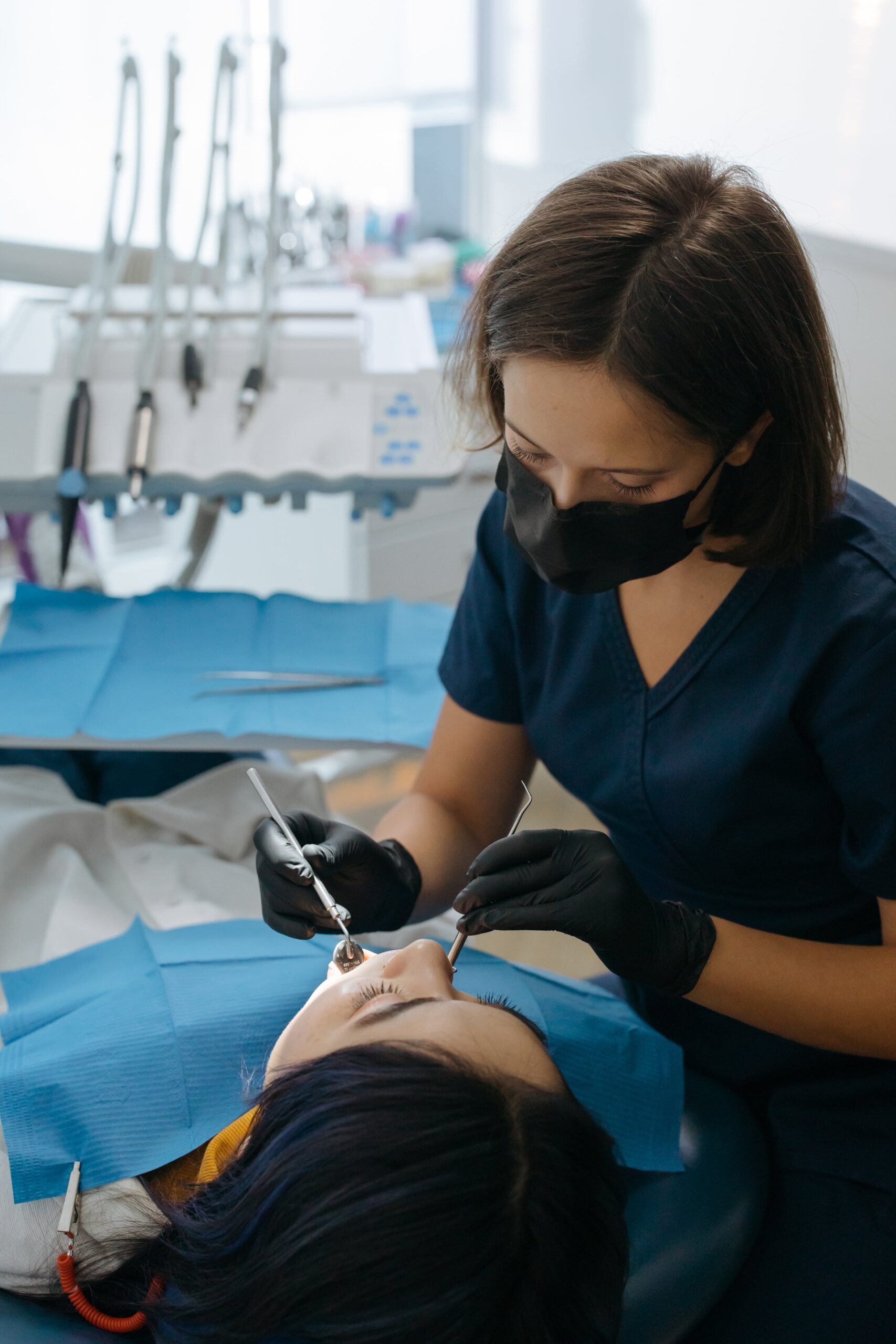
#### Introducing Wisdom Teeth
Starting on a fascinating note, the term ‘wisdom teeth’ received its moniker from the age at which they typically appear – the ‘age of wisdom’ that ranges from 17 to 25. Placed at the very back of your jaw, wisdom teeth, or third molars as they are known scientifically, are the last ones to develop in the human mouth.
Historically, they served an important purpose. Our ancestors had a diet consisting largely of rough food, such as leaves, roots, nuts, and meats, which required more chewing power and caused significant wear. The wisdom teeth provided the extra molars needed for this intensive chewing. However, with the evolution of our diet, these extra molars have steered towards becoming redundant, causing more harm than good in many cases.
#### Necessity for Extraction: Reasons behind Removal
At first glance, letting nature take its course may seem like the ideal route to go. Unfortunately, wisdom teeth often have their plans, leading to complications that necessitate their extraction.
One common issue is crowding. Due to limited space in the mouth, incoming wisdom teeth may push neighboring teeth out of alignment, leading to discomfort and potential bite problems. Even more worrisome, impacted wisdom teeth – those unable to fully emerge – can cause pain, swelling, and sometimes, damage to surrounding teeth.
Neglecting such problematic wisdom teeth opens the door to graver risks like infections, cysts, and tumors. Wisdom teeth, tucked away at the back of the mouth, are hard to clean thoroughly, making them a prime spot for bacteria accumulation and subsequent gum disease and oral infection.
#### The Procedure: A Step-by-Step Guide to Wisdom Teeth Extraction
When it comes to the actual procedure, preparation is key. Your dentist or oral surgeon will conduct a comprehensive examination, including X-rays, to determine the positioning of your wisdom teeth and design an optimal extraction plan.
During the process, you’ll be administered anesthesia, either local, sedation, or general, depending on the complexity of the situation and your comfort level. The surgeon will then make an incision in the gum tissue, remove any bone blocking access to the tooth root, separate the tooth into sections for easier removal if necessary, and finally extract the tooth.
Upon extraction, you may require stitches. These usually dissolve over time, and a gauze pad is typically placed over the extraction site to control bleeding and aid clot formation.
#### Post-Extraction: Healing and Recovery
Post-extraction, the recovery period can last from a few days up to a week. During this time, you might experience some swelling and mild discomfort, which can be managed with ice packs and prescribed pain medication.
One essential part of recovery is forming a blood clot at the extraction site. Disturbing this clot can result in a painful condition called dry socket. To avoid this, patients are advised against smoking, using straws, or doing anything that might inhibit healing in the initial recovery phase.
During recovery, maintaining a soft food diet—think yogurt, pasta, and smoothies—and gradually reintroducing harder foods as healing progresses, can help rest the treatment area and expedite recovery. You should also maintain good oral hygiene, carefully cleaning around the extraction site.
#### Frequently Asked Questions about Wisdom Teeth Extraction
There are questions flood in when it comes to wisdom teeth extraction. Here are a few common ones:
* Do all wisdom teeth need to be removed?
Not all wisdom teeth cause problems. It is when they are misaligned or impacted that they can cause issues necessitating extraction.
* Is the extraction process painful?
With the anesthetics and sedatives used during the procedure, you shouldn’t feel any pain. Post-surgery, any discomfort can typically be managed with prescribed painkillers.
* How long does it take to fully recover from the procedure?
While the initial healing period is about 2 weeks, complete healing – including tissue and bone – can take up to 6 months.
In conclusion, Dealing with wisdom teeth can indeed be a rite of passage, an experience shared by many young adults worldwide. Being aware of potential complications and understanding the process can help to mentally frame it as a routine occurrence rather than a frightening ordeal. Maintaining regular dental check-ups and a proactive approach ensures that any wisdom teeth woes are intercepted early. Always remember: your dental health is inextricably connected to your overall wellbeing. Finally, do not hesitate to voice your concerns and queries with your dental practitioner.
Our Reading dental clinic is committed to providing you with a beautiful smile every time you visit us. Whether you need tooth extraction or any other dental services, our team of highly trained dentists is here to provide you with the highest quality care. Our aim at Smiles in Reading is to give you a smile that is both comfortable and respectful. With online appointment scheduling, you can now receive dental care of the highest quality. Our dental professionals are here to help you enhance your smile and teeth.


